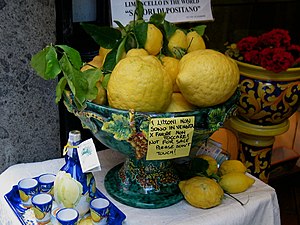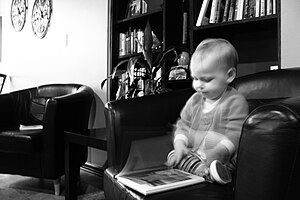 Today is the official release of Lemons into Limoncello: From Loss to Personal Renaissance with the Zest of Italy by Raeleen D’Agostino Mautner. It’s a guidebook for finding self-acceptance, comfort, courage, and personal renewal on the heels of adversity—Italian style. Here’s what Steve Parillo, CEO of Parillo Tours, has to say:
Today is the official release of Lemons into Limoncello: From Loss to Personal Renaissance with the Zest of Italy by Raeleen D’Agostino Mautner. It’s a guidebook for finding self-acceptance, comfort, courage, and personal renewal on the heels of adversity—Italian style. Here’s what Steve Parillo, CEO of Parillo Tours, has to say:
Perhaps life has knocked you down one too many times. Or maybe you’ve just gone ‘stale.’ Dr. Mautner is part philosopher, part psychologist, part life coach—but entirely Italian. She offers Italian-style therapy: food, family, friends, and fun—a recipe for your own, personal renaissance. What would Freud say if he was Italian? Here’s your answer!”
The challenges we face over the course of a lifetime, especially those that involve major personal loss, can seem devastating, as radio personality and self-help specialist Dr. Raeleen D’Agostino Mautner discovered when her husband suddenly and unexpectedly died of a heart attack. The Italian rituals and lifestyle habits she grew up with—and later began researching—were instrumental in helping her stay grounded, feel comforted, and be gently redirected to a new path of joy and the next level of her own personal transformation.
I assure you that this is a book you’ll refer to many times in your life. #selfhelp #grief Click To TweetAt some point in our lives, most of us will experience the kind of personal devastation that accompanies something as devastating as the death of a loved one. But the loss of a job, a home, a pet, finances, health, a friendship or even the loss of one’s self-esteem can send us into a tailspin, too.
When in the throes of such challenges, it is hard to believe that we will ever enjoy life again, let alone possibly come away with the courage to live the next phase of our lives with deeper appreciation and clarity. Lemons into Limoncello offers a front-row seat to the Italian ability to arrangiarsi (get by) through elevating ordinary events to the extraordinary, and is the first self-help book to prescribe a traditional Italian cultural approach as a pathway to one’s own personal renaissance at a time when it is most needed.

As the editor of this unique self-help book, I assure you that this is a book you’ll refer to many times in your life. And it’s one you’ll want to hand to a friend who is ready to move forward after adversity of any sort. The tone is warm and inclusive, and you’ll feel like you’re sitting at the author’s kitchen table with a cup of espresso and a biscotti (the recipe is in the book) as she shares her thoughts, wisdom, and advice.
You can learn more about the author:
- on her website, http://raeleenmautner.com,
- on Facebook at https://www.facebook.com/LemonsintoLimoncello,
- on LinkedIn at http://www.linkedin.com/in/raeleenmautner,
- by following her blog at http://raeleenmautner.com/blog/
- and by following her on Twitter @RaeleenMautner.
Here’s one more review, this one from a NetGalley reviewer, to whet your appetite for this amazing book:
I truly enjoyed reading Mautner’s book Lemons into Limoncello. Not only did it have recipes, but it also had some wisdom in how to move on after disaster strikes no matter what type. She was able to weave her own story of painful loss of her husband untimely death along with her helpful tips for allowing the healing process to enfold in her life. Read this book, it is amazing. You will get some great recipes and great wisdom from a woman who has had her own journey.” —Jamie Holloway, NetGalley
Lemons into Limoncello: From Loss to Personal Renaissance with the Zest of Italy by Raeleen D’Agostino Mautner is available wherever books are sold.
Update May 29, 2013: Connecticut Style television interview with the author about the book: http://tinyurl.com/owml57h
Update June 18, 2013: Slideshow on Beliefnet.com: http://www.beliefnet.com/Health/Find-Happiness-and-Health-the-Italian-Way.aspx
Did you enjoy this article? Subscribe to my blog and you’ll never miss a post! It’s easy: Just enter your email address on the right side of this page. And please know that I’ll never sell, share, or rent your contact information—that’s a promise!
And if you want more great writing and publishing information, check out my Facebook page, where I share all kinds of interesting articles and links.
Happy Reading!
—Candace
Related articles
- If life gives you lemons, make Limoncello! Nicola Lavacca (mystylitaly.com)










